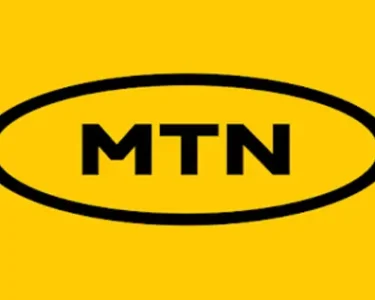The London Internet Exchange have announced that their interconnection hub in Nairobi, Kenya is now live and ready for business.
LINX Nairobi is the new Internet Exchange Point (IXP) for East Africa, located out of three data centre locations across Kenya’s capital. The IXP has the vision to further enhance the countries connectivity and digital ecosystem.
Kenya is considered one of the leading technology powerhouses of Africa, undergoing a digital revolution since the early 2000’s the country has reported an average of 10.8% growth per year since 2016.
The country is uniquely positioned to serve all of East Africa with fast-growing fibre connectivity throughout the whole region, with a well-connected submarine cable network providing pathways to Europe, the Middle East, and Asia.
Established in 1994, LINX is a recognised leader in the global interconnection market. Their reputation as a technical leader in the industry and proven success internationally, will provide future proof solutions to further strengthen the rapidly evolving ecosystem in Kenya.
Nurani Nimpuno, Head of Global Engagement for LINX has led on the LINX Nairobi project and is excited to see the IXP go live.
“I feel very proud to have led on this exciting new venture for LINX in Kenya and the welcome we have received from local stakeholders has been very supportive. We can learn a lot from the country’s technical advancements, for example their adoption of M-PESA with Safaricom, taking Kenya strides ahead in the way of digital finance innovation compared to other countries. I strongly believe LINX Nairobi can only compliment and continue to grow the ecosystem in Kenya.”
LINX are true champions of collaboration within the industry and have been working with key stakeholders on the ground in Kenya leading up to the launch of LINX Nairobi.
“At LINX we depend on our data centre partners, fibre providers, ISPs and content providers, customers, and other partners, and we come together to enable each other. But it is when we work together and complement each other’s strengths that we become successful.”
Networks located in any of these facilities can plug into the LINX Nairobi hub and peer their traffic, creating a secure and redundant digital environment for them to manage their network more effectively.
Peering allows networks to improve the control of their network traffic and the route it takes. It’s often more cost effective than other methods of traffic management and improves network latency.
In addition to the data centre stakeholders in Kenya, LINX are working with a number of high profile, selected technical partners. Nokia were announced as one of these technical partners (https://apo-opa.co/3QWBUad) with the IXP implementing their 7220 IXR D3L and SR Linux Network Operating System (NOS) in order to deliver this future-proof and scalable solution.




